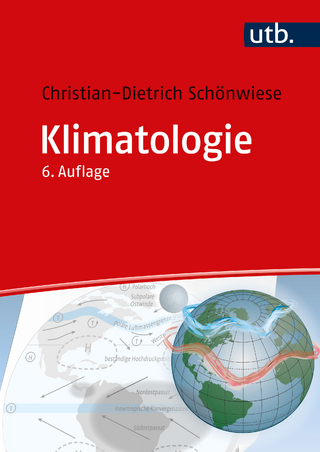
Studies on Land Use and Land Cover Patterns in Southern Dandakaryanaya with Special Reference to Forest Fragmentation in and around Bailadila Region
Seiten
2018
|
18001 A. 1. Auflage
GRIN Verlag
978-3-668-77538-1 (ISBN)
GRIN Verlag
978-3-668-77538-1 (ISBN)
- Titel nicht im Sortiment
- Artikel merken
Diploma Thesis from the year 2016 in the subject Earth Science / Geography - General, Basics, grade: 79%, Jadavpur University, course: Post Graduate Diploma in Remote Sensing and GIS, language: English, abstract: In the ancient Hindu literatures Ramayana, Mahabharata and several Puranas two spiritually significant forests were mentioned namely Naimisharanya in the northern India and Dandakaranya in the south central India.The word Dandakaranya is formed by joining the two separate words Dandaka and Aranya according to a rule of Sanskrit grammar. Aranya means a forest and Dandaka means punishment and Dandakaranya means Forest of Punishment.It was described in Hindu mythology that Dandakaranya region was extended from Vindhya hill range, Narmada river and Mahanadi river in the north to Godavari river (in some mythology Krishna river) in the south, from Mahendragiri mountains of Eastern Ghat hills in the east to Wardha river in the west. Near about the beginning of Treta yuga Dandaka was a country ruled by a king named Danda who was the youngest son of the legendary king Ikshvaku, son of Manu Vaivasvata and founder of the Solar Dynasty of kings. Ikshvaku, finding Danda a great fool and the most useless, banished him to this region because he was highly anxious of his actions. Ikshvaku got a capital city built for him from where Danda ruled. But Danda continued to lead a voluptuous life.Danda's kulaguru (royal guru) was Shukracharya who lived in an ashram located in the jungle surrounding Dandaka kingdom. Once, when Shukracharya was away, Danda visited the ashram and molested Shukracharya's daughter Araja, then left the ashram leaving Araja in trauma. When Shukracharya returned, Araja told the entire incident to him. This made Shukracharya very angry and he cursed Danda: "In 7 days, you and your kingdom, all your people and army, shall die. For a hundred yojanas around your city, all life will be consumed by a rain of dust and death shall rule this sinner's kingdom." Things happened as per the curse. All life was extinguished. Danda perished. Dandaka kingdom was laid waste; in consequence the kingdom became Dandakaranya - the forest of punishment, a region of dense wild forest through which even sunlight did not pass.Later, Dandakaranya became part of colonial state of Lanka under the reign of Ravana. Khara, a man-eating rakshasa (demon) and younger brother of Ravana was governor of the Dandakaranya province. Dandakaranya became a stronghold of the Rakshasa (demon) and then Dandakaranya was called the forest of demons. In the epic Ramayana, many of the events described in Aranya Kanda were happed in Dandakaranya.
| Erscheinungsdatum | 14.10.2018 |
|---|---|
| Sprache | englisch |
| Maße | 148 x 210 mm |
| Gewicht | 66 g |
| Themenwelt | Naturwissenschaften ► Geowissenschaften ► Allgemeines / Lexika |
| Schlagworte | bailadila • Cover • dandakaryanaya • Forest • Fragmentation • Land • Patterns • Reference • Region • southern • Special • Studies |
| ISBN-10 | 3-668-77538-9 / 3668775389 |
| ISBN-13 | 978-3-668-77538-1 / 9783668775381 |
| Zustand | Neuware |
| Haben Sie eine Frage zum Produkt? |
Mehr entdecken
aus dem Bereich
aus dem Bereich
Physische Geographie und Humangeographie
Buch | Hardcover (2020)
Springer (Verlag)
CHF 153,95


